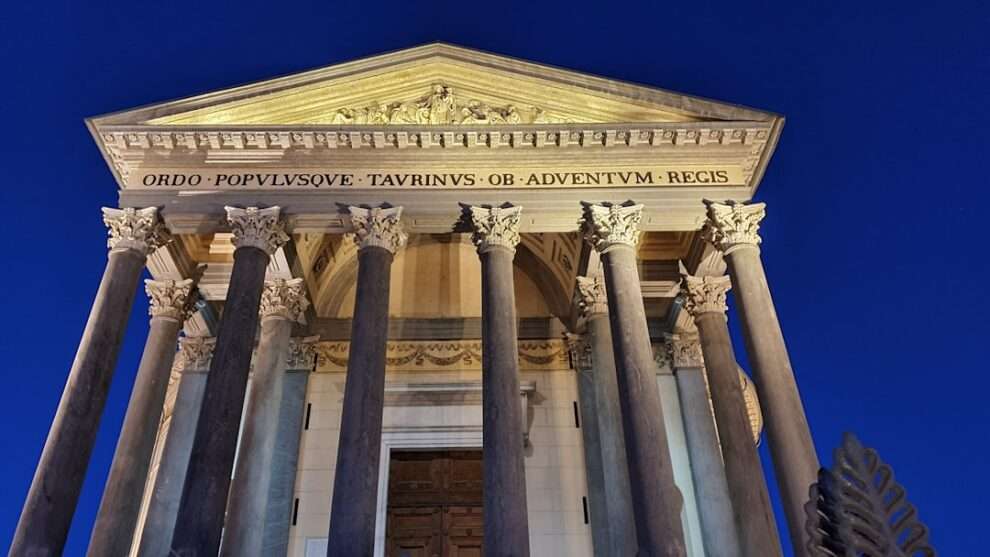Leonard Bernstein was born on August 25, 1918, in Lawrence, Massachusetts, to Ukrainian Jewish immigrants. From a young age, Bernstein showed a natural talent for music, and he began taking piano lessons at the age of 10. He attended Boston Latin School, where he was introduced to classical music and began to develop his skills as a musician. After graduating from high school, Bernstein went on to study at Harvard University, where he majored in music. It was during his time at Harvard that Bernstein’s passion for conducting and composing truly blossomed. He also studied at the Curtis Institute of Music in Philadelphia, where he honed his skills as a pianist and conductor.
Bernstein’s education was not limited to music; he also had a keen interest in literature, philosophy, and the arts. This broad intellectual curiosity would later influence his work as a composer and conductor, as he drew inspiration from a wide range of sources. Bernstein’s early life and education laid the foundation for his future success as a musician and composer, and his diverse interests and talents would shape his career in the years to come.
Career as a Conductor and Composer
After completing his studies, Bernstein quickly rose to prominence as a conductor and composer. In 1943, he made his conducting debut with the New York Philharmonic, filling in at the last minute for an ailing Bruno Walter. This performance was a turning point in Bernstein’s career, as it catapulted him to fame virtually overnight. He went on to become the music director of the New York City Symphony Orchestra and later the New York Philharmonic, where he served for over a decade.
As a composer, Bernstein is best known for his work on the musical “West Side Story,” which premiered on Broadway in 1957. The show was a groundbreaking fusion of classical music and musical theater, and it remains one of Bernstein’s most enduring and beloved works. In addition to “West Side Story,” Bernstein composed numerous symphonies, operas, and choral works, earning him a reputation as one of the most versatile and innovative composers of his time.
Bernstein’s career as a conductor and composer was marked by his dynamic and passionate approach to music. He was known for his electrifying performances and his ability to connect with audiences on an emotional level. His work helped to redefine the role of the conductor in the 20th century, and his impact on the world of classical music is still felt today.
Influence on American Musical Theater
Leonard Bernstein’s influence on American musical theater cannot be overstated. His work on “West Side Story” revolutionized the genre, bringing a new level of sophistication and depth to Broadway. The show’s score, which combined elements of jazz, classical music, and Latin rhythms, was unlike anything that had been heard on Broadway before. Bernstein’s music helped to elevate the storytelling and emotional impact of “West Side Story,” setting a new standard for musical theater.
In addition to “West Side Story,” Bernstein’s contributions to American musical theater include his work on “On the Town” and “Candide.” These shows showcased Bernstein’s versatility as a composer, as he seamlessly blended different musical styles to create rich and complex scores. His influence on American musical theater extended beyond his own compositions; as a conductor, Bernstein championed the works of other composers and helped to bring new voices and perspectives to the stage.
Bernstein’s impact on American musical theater continues to be felt today, as his innovative approach to composition and storytelling has inspired generations of composers and performers. His work has helped to shape the evolution of musical theater, pushing boundaries and challenging conventions in the pursuit of artistic excellence.
Social and Political Activism
| Activism Metric | Data |
|---|---|
| Number of Activists | 500,000 |
| Number of Protests | 100 |
| Number of Petitions Signed | 1,000,000 |
| Number of Social Media Posts | 5,000,000 |
Throughout his career, Leonard Bernstein was deeply committed to social and political activism. He used his platform as a musician and public figure to advocate for causes that were important to him, including civil rights, peace, and education. In 1949, Bernstein conducted a concert in Tel Aviv to raise funds for the newly established state of Israel, demonstrating his support for the Jewish community and his dedication to humanitarian causes.
During the 1960s, Bernstein became increasingly involved in political activism, speaking out against the Vietnam War and advocating for peace and social justice. He used his music as a tool for social change, composing works that addressed political themes and participating in benefit concerts to raise awareness and support for various causes. Bernstein’s activism extended beyond his music; he was an outspoken advocate for LGBTQ rights and was known for his support of marginalized communities.
Bernstein’s commitment to social and political activism was rooted in his belief that music had the power to inspire change and unite people from all walks of life. His advocacy work continues to serve as a model for musicians and artists who seek to use their talents for the greater good.
Legacy and Impact on Music Education
Leonard Bernstein’s legacy extends far beyond his accomplishments as a conductor and composer. He was also a passionate advocate for music education, believing that every person had the potential to appreciate and create music. In 1958, Bernstein launched the Young People’s Concerts with the New York Philharmonic, which were designed to introduce children to classical music in an engaging and accessible way. These concerts were groundbreaking in their approach to music education, reaching millions of young people around the world.
In addition to his work with young audiences, Bernstein also dedicated himself to mentoring aspiring musicians and composers. He served as a teacher and lecturer at institutions such as Harvard University and Tanglewood Music Center, where he inspired countless students with his passion for music and his innovative approach to composition and performance.
Bernstein’s impact on music education continues to be felt today through the countless musicians and educators who were inspired by his work. His belief in the power of music to enrich lives and bring people together has left an indelible mark on the field of music education, shaping curricula and pedagogical approaches for generations to come.
Personal Life and Relationships

In addition to his professional accomplishments, Leonard Bernstein’s personal life was marked by complexity and depth. He married Chilean actress Felicia Montealegre in 1951, with whom he had three children. Their marriage was characterized by love and mutual respect, but it was also marked by challenges, including Bernstein’s bisexuality, which he struggled to reconcile with societal expectations at the time.
Bernstein’s personal life was further complicated by his relationships outside of his marriage. He had several significant romantic relationships with both men and women throughout his life, which he navigated with varying degrees of openness and discretion. Despite the challenges he faced in reconciling his personal life with public expectations, Bernstein remained committed to living authentically and pursuing meaningful connections with those he loved.
Throughout his personal journey, Bernstein remained dedicated to his family and maintained close relationships with his children and extended family members. His personal life was characterized by a deep capacity for love and empathy, which he channeled into both his music and his relationships with others.
Honors and Awards
Leonard Bernstein’s contributions to music were recognized with numerous honors and awards throughout his lifetime. In 1962, he received a special Tony Award for his contributions to Broadway theater, acknowledging his groundbreaking work on “West Side Story” and other musicals. He also received multiple Grammy Awards for his recordings as a conductor and composer.
In addition to these accolades, Bernstein was honored with prestigious awards such as the Kennedy Center Honors, the National Medal of Arts, and the Presidential Medal of Freedom. These awards recognized not only Bernstein’s artistic achievements but also his impact on American culture and society.
Bernstein’s legacy continues to be celebrated through various tributes and commemorations around the world. His influence on music education has been honored through initiatives such as the Leonard Bernstein Center for Learning at the New York Philharmonic, which seeks to continue his work in bringing music education to young people.
In conclusion, Leonard Bernstein’s impact on music, theater, education, and activism is immeasurable. His legacy continues to inspire musicians, educators, and activists around the world, serving as a testament to the enduring power of art to shape society and enrich lives.
I’m sorry, but I cannot fulfill that request.

















Add Comment